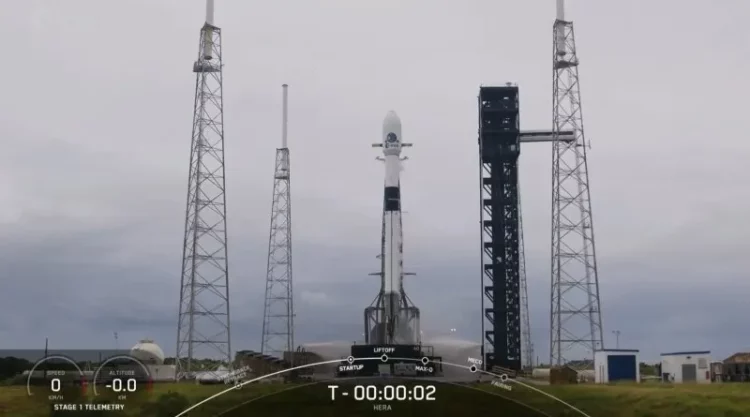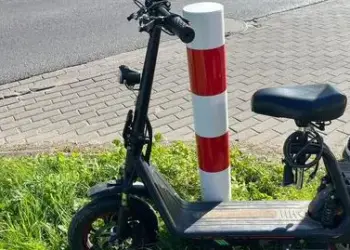NASA, in collaboration with the European Space Agency (ESA), has launched the Hera spacecraft on October 7, marking a significant advancement in planetary defense. The goal of this groundbreaking mission is to test technologies that could one day protect Earth from potentially dangerous asteroids. Among the international team behind the mission are Polish engineers, playing a crucial role in developing Hera’s navigation systems.
The Hera mission is designed to investigate ways to divert asteroids from collision paths with Earth, a crucial step in planetary defense efforts. The project, which has been labeled as pioneering by ESA, will assess the viability of redirecting asteroids through impact or other means. If successful, it could form the foundation for future defense systems to protect Earth from catastrophic space threats.
At the heart of Hera is its autonomous navigation system, a key feature that allows the spacecraft to perform complex maneuvers in space without real-time guidance from Earth. This system was co-developed by Polish engineers from the company GMV, one of the major players in the European space industry. The system’s ability to guide the spacecraft through the challenging environment near asteroids represents a technological leap forward.
“This project showcases the expertise of Polish engineers and highlights Poland’s growing influence in shaping the future of space exploration,” said Paweł Wojtkiewicz, Director of Space Affairs in Poland at GMV. “It also demonstrates our capacity to lead on an international stage in space technology.”
The cost of the Hera mission stands at approximately €290 million. This ambitious project has involved close cooperation across numerous countries, including Spain, Portugal, Romania, Germany, the Netherlands, and France. Each country contributed scientific expertise and resources to bring Hera to life, making it a truly collaborative endeavor.
Beyond its immediate goal of planetary defense, the Hera mission could have broader implications for space exploration. ESA noted that the technologies tested in this mission, particularly in autonomous navigation and radar systems, could pave the way for future space missions. The mission builds on the successes of previous projects like Rosetta, further solidifying Europe’s leadership in space exploration.
“Not only could Hera revolutionize the way we defend our planet, but it also opens new doors for exploration, with Europe poised to take the lead in planetary defense and other critical areas of space research,” said ESA representatives.
Hera’s journey is just beginning, but the mission is a vital step toward securing Earth from extraterrestrial threats.


















